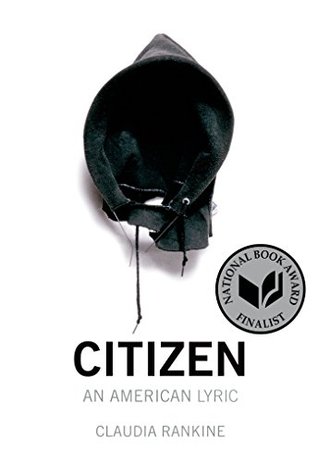More on this book
Community
Kindle Notes & Highlights
They achieve themselves to death trying to dodge the buildup of erasure.
And though your joined personal histories are supposed to save you from misunderstandings, they usually cause you to understand all too well what is meant.
Perhaps this is how racism feels no matter the context—randomly the rules everyone else gets to play by no longer apply to you, and to call this out by calling out “I swear to God!” is to be called insane, crass, crazy. Bad sportsmanship.
She has grown up, another decides, as if responding to the injustice of racism is childish and her previous demonstration of emotion was free-floating and detached from any external actions by others.
Not long ago you are in a room where someone asks the philosopher Judith Butler what makes language hurtful. You can feel everyone lean in. Our very being exposes us to the address of another, she answers. We suffer from the condition of being addressable. Our emotional openness, she adds, is carried by our addressability. Language navigates this.
The world is wrong. You can’t put the past behind you. It’s buried in you; it’s turned your flesh into its own cupboard. Not everything remembered is useful but it all comes from the world to be stored in you. Who did what to whom on which day? Who said that? She said what? What did he just do? Did she really just say that? He said what? What did she do? Did I hear what I think I heard? Did that just come out of my mouth, his mouth, your mouth? Do you remember when you sighed?


